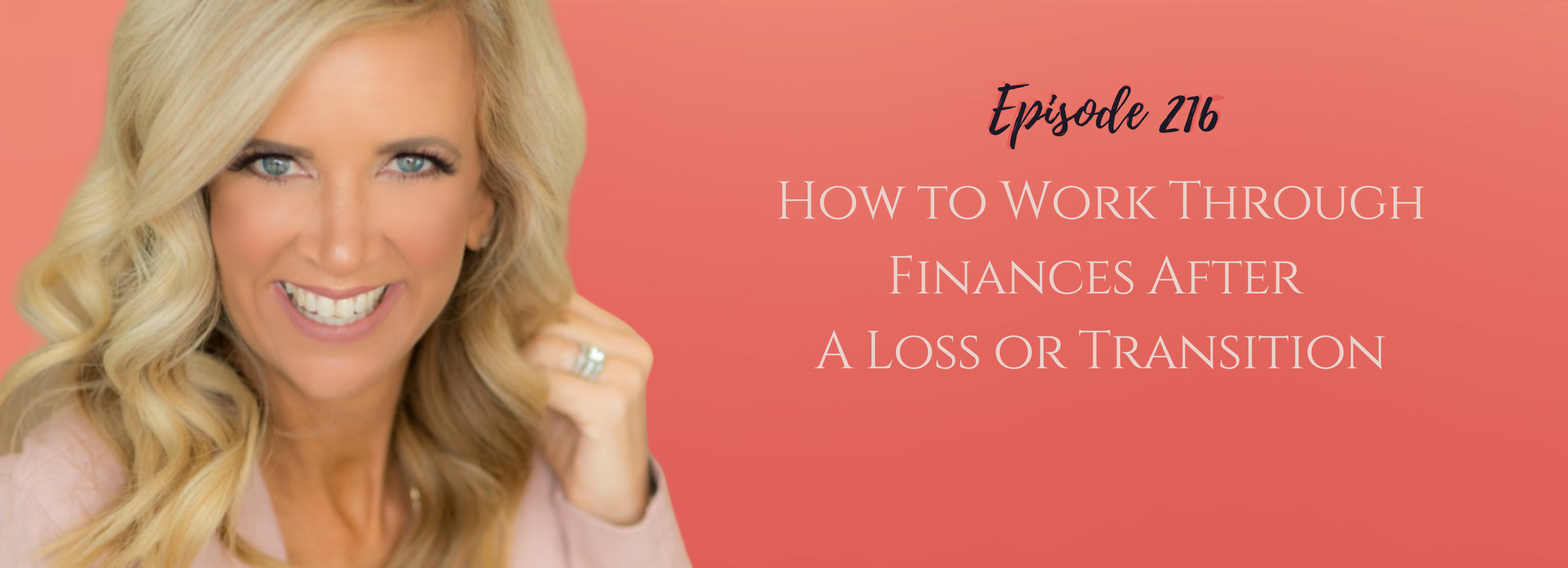
How to Work Through Finances After A Loss or Transition with Donna Kendrick | 6.7.2023
In this episode, Kristen talks with Donna Kendrick, a financial planner and author about the importance of addressing the shame and fear associated with finances and providing resources and support for those going through grief and transition.
You'll Learn
- The Importance of support during major life transitions, and financial planning for widows/widowers.
- Overcoming shame and fear around finances, creating a safe space for money discussions.
- Strategies for transparent and effective financial discussions for couples.
- Involving children in financial conversations for healthy money habits.
- Role of financial planners in preparing for the future, and addressing legal matters in blended families.
Resources
For counseling services near Indianapolis, IN, visit www.pathwaystohealingcounseling.com.
Subscribe and Get a free 5-day journal at www.kristendboice.com/freeresources to begin closing the chapter on what doesn’t serve you and open the door to the real you.
This information is being provided to you for educational and informational purposes only. It is being provided to you to educate you about ideas on stress management and as a self-help tool for your own use. It is not psychotherapy/counseling in any form.
[fusebox_transcript]